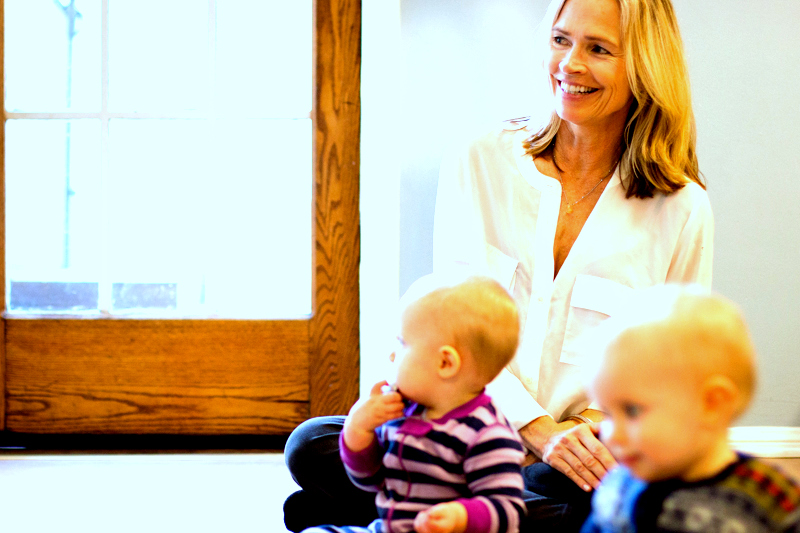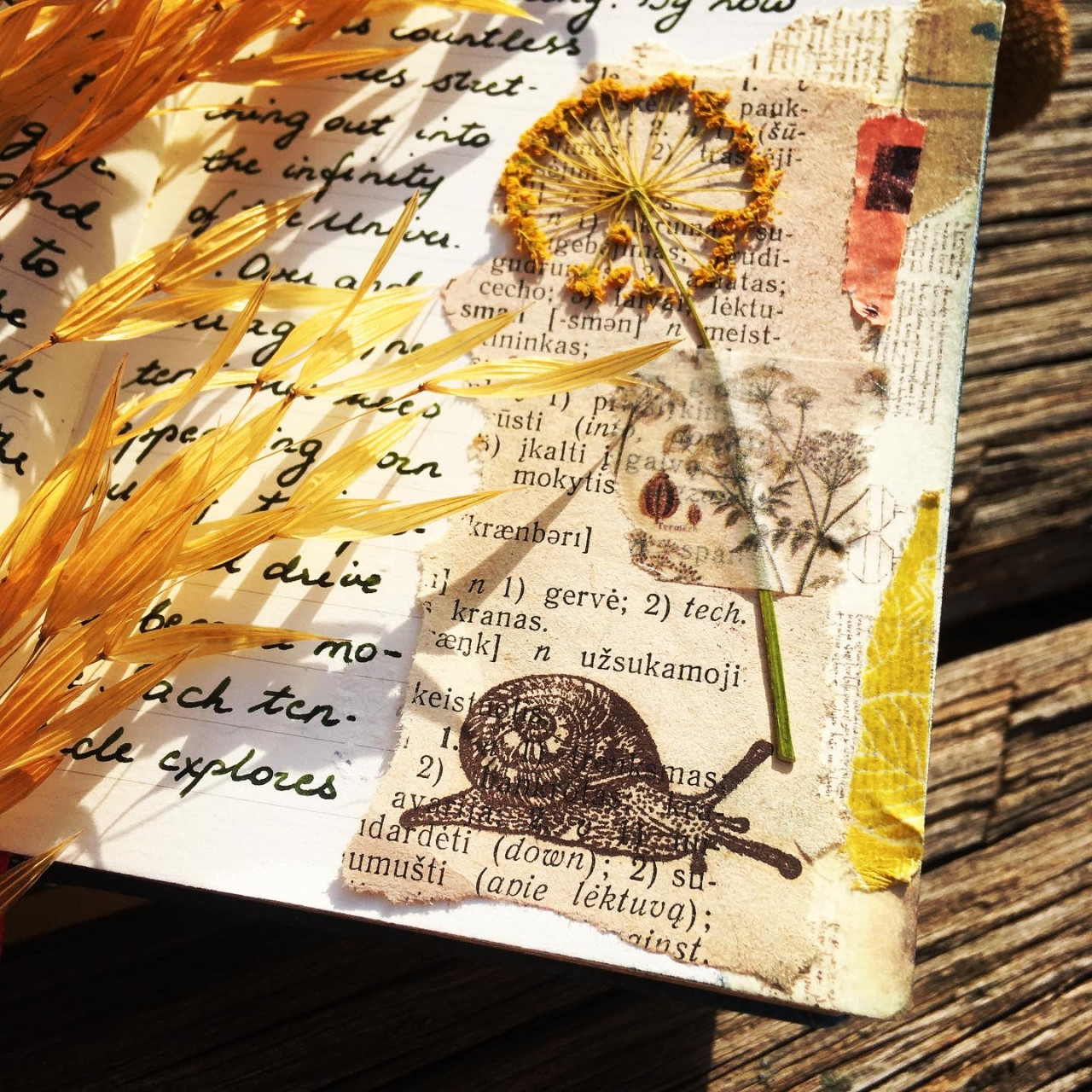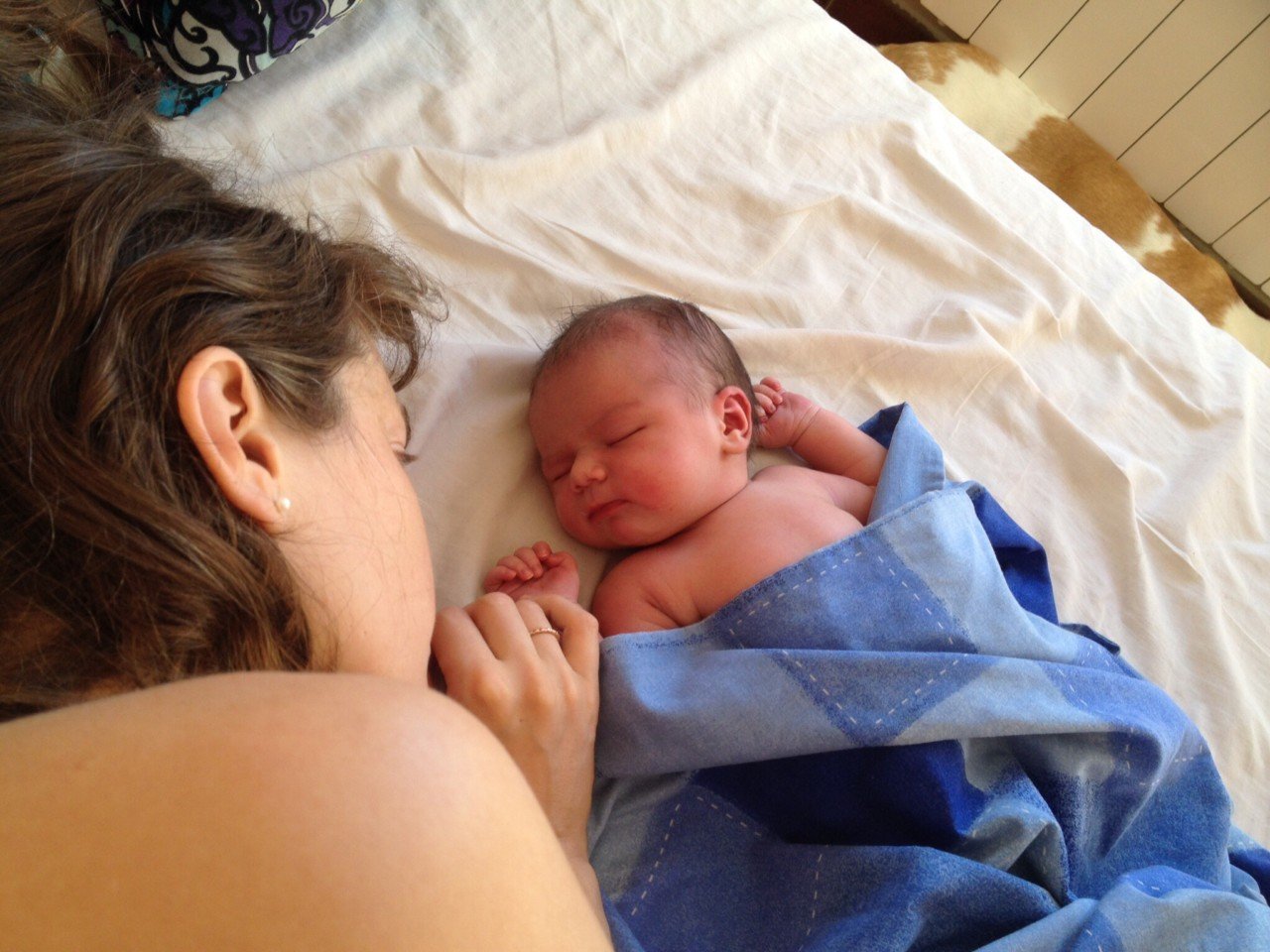
I share this post with immense joy and gratitude as it has been a huge dream of mine to have the opportunity to connect with one of my greatest inspirations and teachers on parenting related matters – Janet Lansbury. If there are children in your life and you are not familiar with Janet’s work, I promise that her books, website, Facebook page, Instagram or audio podcasts “Unruffled” will deeply touch you and transform your relationship with kids. Once again my huge gratitude to Janet for all that she does as well as for this conversation. Also, a massive thanks to Dovilė Šafranauskė for inviting me to be part of Pagarbi Tėvystė (Lithuanian – Respectful Parenting) project, connecting with Janet and making her work accessible in Lithuanian language.
Asta: Dear Janet, first of all, I want to share my huge gratitude for your work. Your two books “Elevating Child Care: A Guide to Respectful Parenting” and “No Bad Kids: Toddler Discipline Without Shame” came to me when our daughter was just a few months old, and absolutely transformed me as a parent. I read that RIE came into your life quite unexpectedly as well when you were in the middle of early motherhood, feeling overwhelmed and exhausted by the demands of it all. Can you share a little bit more about how it happened and how it changed you as a parent?
Janet: Thank you, Asta. I am thrilled to be sharing an approach to caring for children that has made an enormous impact on my life. It scares me to think how easily I could have missed out on it! Magda Gerber’s teachings were not widely known back in 1992 when I became a mother, even though I lived in the greater Los Angeles area, not too far from where Magda held her classes. Magda was not one for self-promotion, so people learned of her primarily through word of mouth. I happened upon her name while reading a local magazine where she was quoted in an article about encouraging creativity in children. “Take the mobile off the bed. Take care of their needs and leave them alone” was all she said. But this snippet of her advice was so radically different from all the “baby stimulation” advice I’d read that it stuck out for me. I was intrigued. As an overtired, overwhelmed new mom (who was constantly stimulating my baby!), Magda’s words gave me a vague sense of hope. Perhaps I’d find some clarity in this woman’s unusual perspective. There was a number for Magda and RIE printed at the end of the article and I finally got around to calling it a few weeks later. This began a fascinating journey for me… an almost immediate shift from feeling confused and discouraged to excited and deeply inspired.
Asta: I would love to find out more about how Magda Gerber’s philosophy / RIE compares with Emmi Pikler’s work (who seems to be a little bit more known in Europe). Are there any major differences in their messages?
Janet: I don’t know of any major differences in their messages. Magda brought the seeds of Pikler’s approach to the United States where she adapted and developed them through her own research and as a therapist for children with special needs. She designed educational programs for parents and professionals which continue today through the non-profit organization she founded in 1978: Resources for Infant Educarers (RIE). These programs include parent-infant classes and professional training in 3 levels, after which professionals can be certified as a RIE Associate. Magda was a charismatic, authentic, delightful, unforgettable person. I think of her on a daily basis and miss her incredibly!
Asta: I have seen some really interesting conversations among parents discussing RIE approach and how it complements or differs from attachment parenting ideas. How do you feel these two approaches to parenting fit together?
Janet: I opened up a conversation about that in one of my posts (Bonding with Babies – Where RIE and AP Differ), and in the subsequent comments many share that the approaches fit well. My experiences with Attachment Parenting are mostly around helping parents who reach out to me because it isn’t working for them. In those situations, it can feel as if the two philosophies are almost 180 degrees apart, and that the paradigm shift to RIE-style parenting is enormous and challenging, maybe because of the fundamental differences in the way these two schools of thought perceive babies. That’s where it all begins.
I’ve been asked why I haven’t wanted to learn more about AP. To be honest, I haven’t needed to. Magda Gerber threw me the perfect lifeline. Her teachings resonated deeply and changed my life for the better and I’ve never looked back. People weren’t online comparing and contrasting parenting approaches back when my first daughter was born. But even if I had done that, I can’t imagine being drawn to anything other than Magda Gerber’s approach. She offered me the models of parenting, love and life that felt right in my soul.
Asta: Many parents seem to be in a kind of baby race, trying to rush the developmental stages of when the baby is learning to sit, stand, walk, use the spoon. However, once one gets familiar with your work and the work of Magda Gerber, it seems so obvious that babies just do things when they are ready. Why do you think that respectful approach to babies and kids is still not the norm nor the most common approach to parenting?
Janet: While it’s wonderful that parents are educating themselves about raising children these days, there unfortunately seems to be a lot of fear and perfectionism injected into the process. Magda offered parents the perfect tools to keep fear and projection at bay: sensitive observation, which helps us to appreciate what our child IS doing rather than focusing on where they may be lacking. And basic trust, which is one of the most affirming gifts we can give a loved one, particularly our child who is in the formative stages of developing a sense of self.
Asta: When my husband and I decided we wanted to start a family, we both were certain that we did not want to spank, use physical or otherwise punishment with our kids. I do remember though feeling completely at a loss as to what the alternative was. I had never witnessed examples of kids being raised without this type of “discipline” – everyone around me and I had lived through it as kids. So when I discovered “No Bad Kids: Toddler Discipline Without Shame“, I literally remember memorising lines from it – it felt so unusual, like learning how to speak a foreign language! And then your essay “The Discipline Question No One Can Answer” is so memorable, so profound in how it flips the common thinking upside down. What else do you think can be done to encourage more and more families to trust that kids raised without the punitive discipline can be kind, well-mannered and succeed in life? How can this important message be spread more widely?
Janet: Thank you again, Asta. I think the best answer is for people like you and me to keep on sharing. Magda’s messages have already spread more widely than I ever dreamed they would, and all I’ve done is put them out there. I’ve learned that the key is to offer people ideas that help rather than criticize them, and to understand that we’re all on a journey. That means meeting people where they are, just as we aim to do with children.
Asta: It is absolutely fascinating, how through your work parents are being encouraged to act and speak with their babies and kids authentically, without any need to “dumb down” the language or change their voice. It’s also a really powerful message that once we are ready to acknowledge our children’s feelings about any situation, there is no need to lie to them. Even about Santa Claus! As magical as it may seem, it feels really inauthentic for me to say to our daughter that a stranger enters our home at night to eat cookies and leave presents. Kids already tap into so many magical moments every day that it seems to me unnecessary to make them believe in the Santa story, especially, as I still remember the most horrible disappointment the year I found out he was not real. I am soooooo curious – did you have Tooth Fairies, Santa Claus and similar visitors in your home when your kids were growing up?
Janet: If it feels inauthentic, you shouldn’t do it. It’s interesting, because I often hear comments such as yours and, to be honest, I can’t relate. My experience around Santa, Easter Bunnies and Tooth Fairies has been nothing but positive. Whenever it was that I realized as child that these characters were pure fantasy (though “a lie” would never have occurred to me… my parents didn’t lie to me), I only remember feeling grateful for all their love and effort. It never would have occurred to me to confront them about the specifics (which my parents never focused on), because I think I sensed that the magic would dissipate in the harsh glare of reality. I didn’t want it to end! However, if I had asked them point blank, I am sure that my parents would have been honest.
I wonder if those with a strong aversion to the Santa myth because “it’s a lie” may have experienced a less than honest relationship with their parents. Perhaps Santa was used to manipulate, threaten or punish, or it was presented in a humorless manner without the joy or lightness. How was it for you, Asta? Personally, I adore everything about Christmas, and my children (two are now adults) feel the same way. We’re looking forward to passing our traditions down to the next generation. In the meantime, I’m still enjoying playing Santa and making Christmas a time of laughter and silliness.
Asta: Many parents might relate to the experiences of when strangers start chatting or even touch their child in public places. However, I feel quite strongly that kids should feel complete ownership of their bodies from the very beginning of their lives and be able say no to any unwanted touch. After all, we, parents, definitely want that to be the case when they are teenagers, so it’s an important confirmation that they need to internalise from a young age. What is the best way in which we can support our kids in such social situations where adults step over kids’ personal boundaries without even noticing it?
Janet: Children receive these messages very early on as infants. That is why Magda Gerber recommended telling our newborn infants before we lift them… and when we place them down again… and that the wipe that we are going to clean them with might be a bit cold… and so on. Treating children with that respect demonstrates to them from the beginning that they deserve it. Likewise, Magda also advised against tickling or roughhousing or throwing babies in the air, because those actions tend to break children’s boundaries at a very trusting, impressionable time of life. It is what happens with us, the primary caregivers, day to day, that matters most in terms of the messaging that children receive about ownership of their bodies.
With strangers and others, I would understand that these people are mostly well-intentioned, and I’d try to refrain from making a scene. People don’t learn from that anyway. One of the best ways I’ve found to handle the situation is to model for the adult while interpreting for your baby, so that you are respecting both of them. You might politely but firmly place your hand in the way to block the action (if you can anticipate it), and you say to your child: “This person wants to say hello by touching your head, but I’m not sure you want that…” Then you leave open that calm space for your child to make eye contact with the person or to look away, to say hello or not, in whatever manner they choose. No pressure. And it needs to be okay for that adult to feel whatever they feel. You’ve been sensitive and polite and kind.
If the gesture has already taken place, then I would block anything more from happening.
Asta: Most of your work and RIE approach is directed to carers and educators of infants and small kids. However, as a mom of grown-up kids, how would you say RIE philosophy impacted your parenting relationship with your kids during their teen years?
Janet: I can’t say enough how grateful I am for the extraordinary relationships Magda Gerber has helped me to nurture with my children. The beauty of this approach is that it is about developing a relationship between two people, and so the guidelines remain the same with your children at all ages (and everyone else for that matter).
Asta: Perhaps the scariest thing about becoming a new parent is that you have the complete freedom to decide what your intentions and approach to parenting are going to be. There is no one set of rules nor a guidebook that works for all families, there is no one checking on how good of a job you are doing, and the “results” continue to take shape decades later. RIE approach is often considered as an uncommon or alternative way of parenting, and sometimes the opinions or comments of others can trigger doubts about being on the right track or even create tension within the family. What insights would you share (or have you shared) when responding to anyone questioning RIE approach to parenting?
Janet: I share Magda’s belief that the people this approach is right for will find it. I have no interest in selling it. In my 25 years of experience as a parent and RIE teacher, Magda’s teachings work for every child, because they are tools for understanding and nurturing a relationship with a unique individual. How can that not work? However, this path does not resonate with every adult. That’s okay. Questioning is good! This job is too important to approach without asking a lot of questions. The most valuable answers will come from your child.
Asta: Finally, Janet, if you had a microphone connected in such a way that every new parent could hear you, what would you say to them?
Janet: Magda Gerber said it best. “Do less, observe more, enjoy most.” Or I have another version: “Worry less, trust more, enjoy most.” Oh, and “Let feelings be.”
Asta: Thank you once again for the immensely important work that you do! It has been such an honour and pleasure to be able to connect with you.
Tags: attachment parenting conscious parenting gentle parenting inspiring books Janet Lansbury respectful parenting







